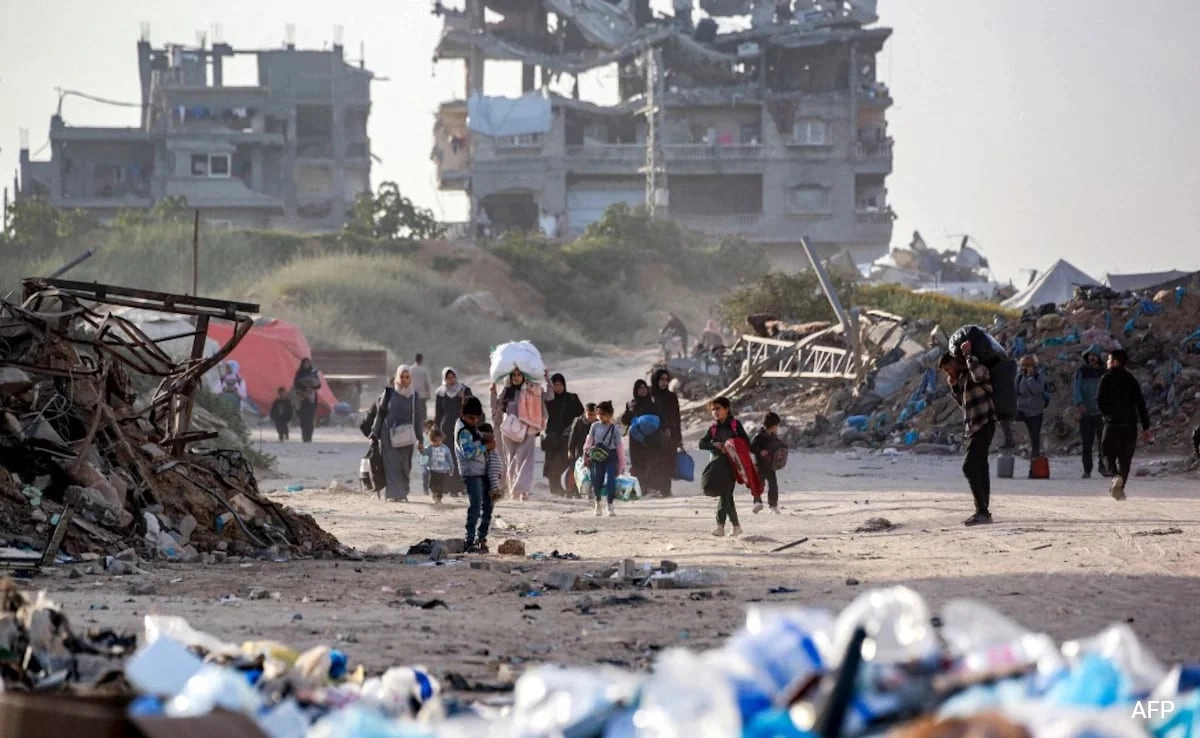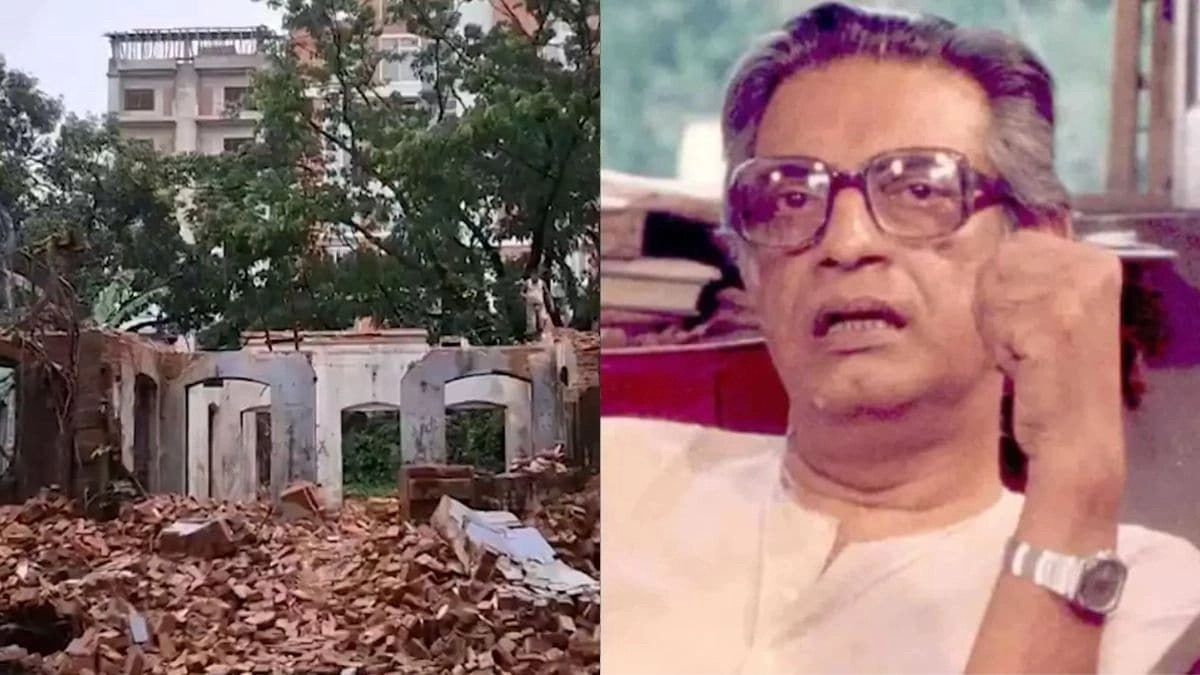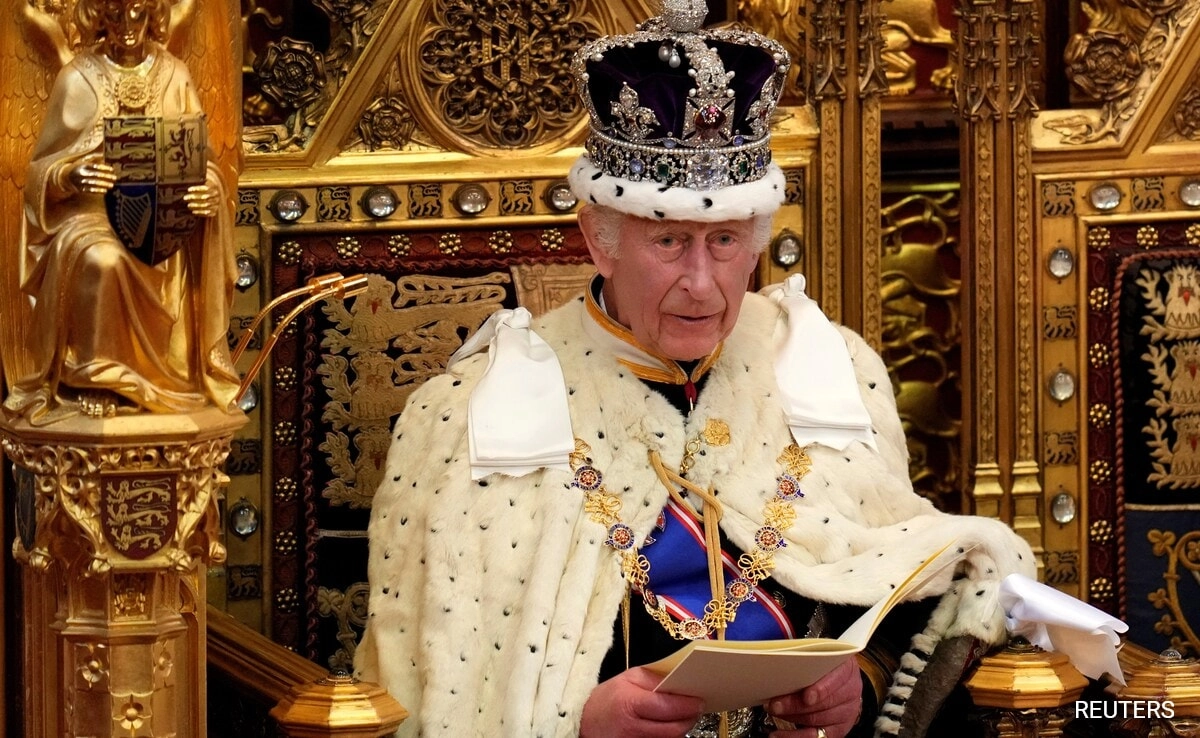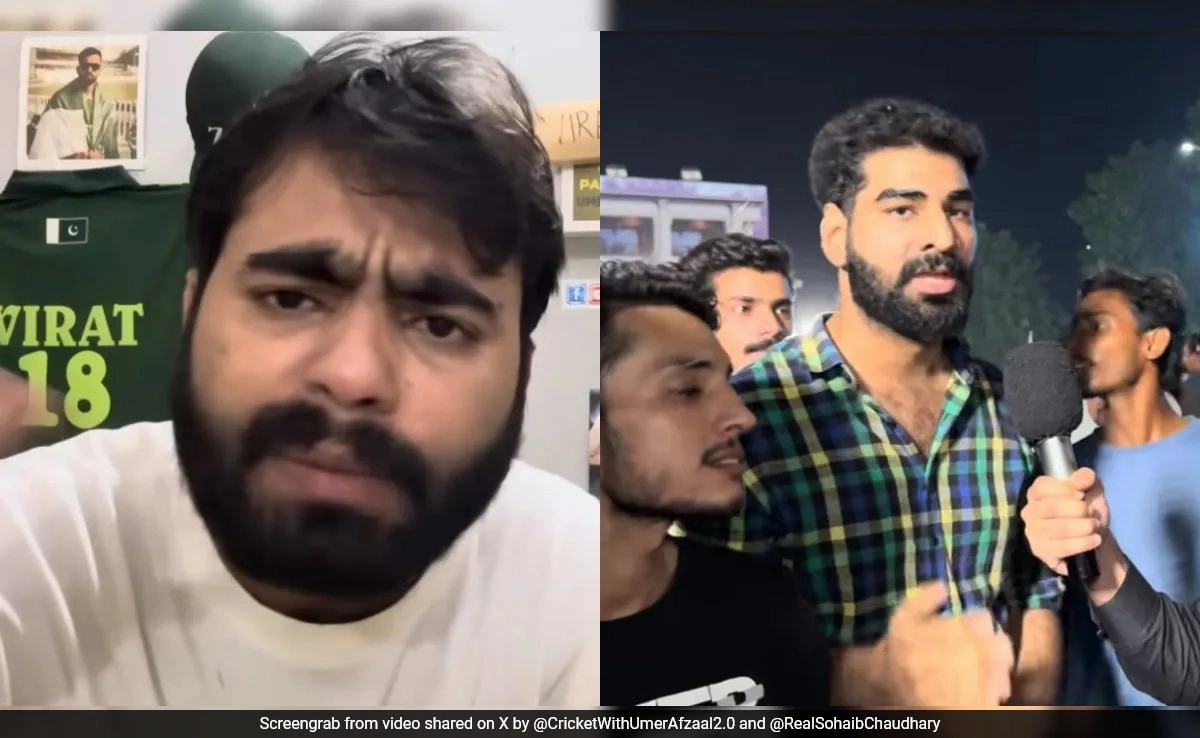Hamas has announced the death of the head of its government in Gaza, who was reportedly killed in an Israeli airstrike. This development marks a significant escalation in the ongoing conflict between Israel and Hamas, as it removes a key figure from the organization’s leadership. The individual, who had been pivotal in overseeing Hamas’s administrative and military operations in the region, was killed during a period of intensified hostilities. This strike comes amid a larger military campaign by Israel, aimed at dismantling Hamas’s infrastructure and capabilities in Gaza, which has been a point of contention for years.
The death of the Hamas leader is likely to have profound implications for the group and the broader situation in Gaza. His leadership had been instrumental in coordinating the activities of Hamas and maintaining its governance amidst ongoing conflict and humanitarian crises. This incident could lead to a power vacuum within the organization, potentially resulting in internal struggles for leadership or shifts in strategy as Hamas seeks to respond to the loss. Analysts suggest that such a high-profile assassination may provoke further retaliation from Hamas, leading to an escalation of violence in the region.
Moreover, this event underscores the heightened tensions in the Israeli-Palestinian conflict, which has seen cycles of violence for decades. With the international community closely monitoring the situation, there are growing concerns regarding the humanitarian impact on civilians in Gaza, who have already been suffering from the repercussions of ongoing military actions. The airstrikes, while targeting Hamas militants, have also resulted in significant civilian casualties, raising ethical questions about the conduct of war and the protection of non-combatants.
In the wake of this development, the response from both Hamas and Israel will be critical in shaping the future of the conflict. If Hamas chooses to retaliate decisively, it could lead to an even more severe escalation of military action, further complicating efforts for peace. On the other hand, Israel may increase its military operations, aiming to eliminate additional leaders within Hamas, which could result in a prolonged cycle of violence. As the situation unfolds, the global community remains watchful, hoping for a resolution that prioritizes peace and the safety of civilians caught in the crossfire.




